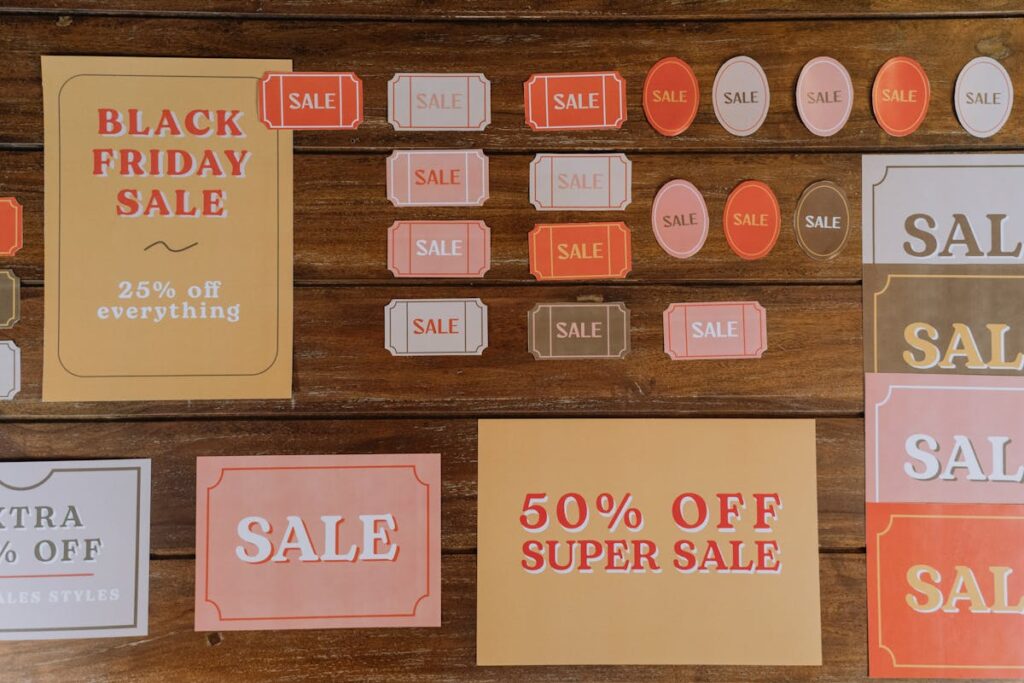10 Ways People Accidentally Make Themselves Look Cheap
Everyone wants to come across as thoughtful and genuine, but sometimes certain actions can unintentionally give off the wrong impression. These behaviors may make you seem less generous or mindful than you really are.
Understanding which habits might make you look cheap can help you avoid misunderstandings in social and professional settings. Knowing this lets you present yourself in a way that matches your true intentions without feeling uncomfortable or awkward.
Always splitting the bill down to the last cent

When you insist on dividing every expense down to the exact penny, it can come across as overly rigid. People may feel uncomfortable or think you’re more focused on saving than enjoying time together.
It’s perfectly fine to be mindful of money, but sometimes rounding up or covering a small extra amount shows goodwill. This approach helps keep social situations friendly and relaxed.
Remember, the goal is to share the experience, not turn every outing into a math problem. A little flexibility can make a big difference in how others see you.
Using expired coupons or discounts

Using expired coupons can make you seem a bit careless. It shows you didn’t check the details before trying to save money.
Sometimes, stores might accept them out of kindness. But frequently trying with expired deals can annoy staff or others around you.
To avoid this, double-check dates before using any discounts. It keeps things smooth and shows you respect the process.
Buying the cheapest clearance wine

Choosing the cheapest clearance wine might save you a few dollars, but it can come across as stingy. When you bring a bottle to a social gathering, people notice quality more than price.
Opting for a slightly better option shows you care about the experience, not just the cost. It’s okay to enjoy wine on a budget, but don’t let price be the only factor.
Sometimes, a mid-range bottle offers more value and makes a better impression. Your choice reflects on how you respect the occasion and the people you’re with.
Refusing to tip in restaurants

When you skip tipping, it often comes off as unappreciative. Servers rely on tips as a big part of their income.
Not leaving a tip can make it seem like you don’t value their effort. Even a small tip shows respect for good service.
If your service was poor, you can leave a smaller tip, but refusing to tip completely sends a harsh message. Being fair with tipping reflects well on you.
Wearing socks with sandals

Wearing socks with sandals often gives off a less put-together look. It can suggest you’re trying to cut corners when it comes to style.
Your feet might be comfortable, but this combo tends to look mismatched. It’s usually seen as a lazy fashion choice.
If you want to keep your look polished, skip the socks and just wear sandals on their own. You can also try pairing socks with other closed shoes instead.
Re-gifting clearly used presents

If you give a gift that looks used or worn, it sends the wrong message. It can seem like you didn’t put much thought or effort into the gift.
Even if you want to re-gift, make sure the item is in perfect, new condition. Remove any old gift tags or wrapping paper.
When your present looks fresh and thoughtful, it shows you care. Taking a little extra time can make a big difference in how your gift is received.
Asking for freebies repeatedly

If you keep asking for freebies, people may start to see you as someone who takes more than they give. It’s okay to accept a freebie once in a while, but doing it repeatedly can come across as pushy or entitled.
You want to maintain good relationships, so try to avoid making it a habit. Instead, focus on showing appreciation when you do receive something extra.
Remember, generosity works both ways. Offering something in return can help balance the relationship and prevent you from looking cheap.
Never contributing at group outings

If you always avoid chipping in for meals or activities, others may start to notice. It can give the impression that you don’t value the time spent together.
Even small contributions show that you care about the group and the shared experience. Offering to pay your part, or at least a little, helps keep things fair.
You don’t have to spend a lot, but consistently not contributing can come across as cheap. It’s about respecting the effort everyone puts in.
Being willing to share costs builds goodwill and keeps your friendships healthy. It shows you appreciate the chance to hang out.
Bringing your own condiments to restaurants

Bringing your own ketchup or sauces to a restaurant can make you seem like you don’t trust their food. Most places take pride in their condiments, so using your own might come off as stingy.
If you really need extra sauces, ask politely. Restaurants often have extra packets or bottles they’re happy to share.
Carrying your own seasonings might save a few cents, but it can also send the wrong message. It’s usually best to enjoy what the restaurant offers.
Ignoring sales on quality items but buying all the junk

You might avoid investing in quality items even when they’re on sale. Instead, you opt for cheaper, lower-quality products that don’t last long.
This approach can make you come across as more focused on saving pennies now than on real value.
Quality items often cost less over time because they don’t need frequent replacing.
By ignoring sales on these, you miss a chance to get good products at a better price.
Buying lots of cheap stuff instead can clutter your space and cost more in the long run.








